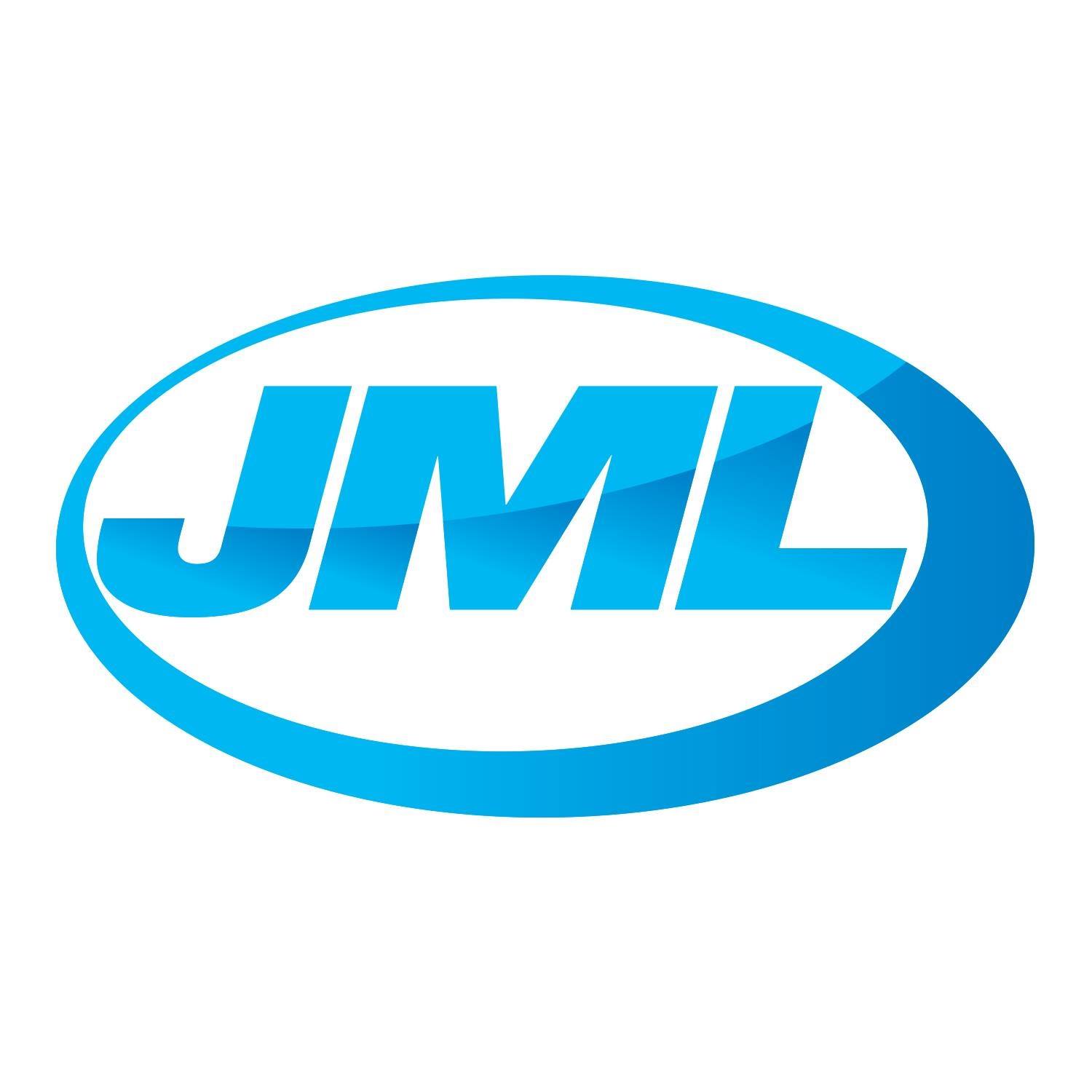PCI DSS Compliance for Phone Payments: UK Business Guide 2025

What Are the PCI Compliance Requirements for Telephone Call Recording and Card Payments?
UK businesses ranging from small e-commerce sites to large enterprises that process credit card and debit card payments over the phone must meet strict PCI DSS compliance requirements.
Some businesses unknowingly violate PCI DSS by using call recording systems that cannot pause or block sensitive card information during a call, leaving them exposed to massive fines and data breach liability
Recording Card Data Without Pausing? You’re at Risk – Get Help
What is PCI DSS Compliance?
The Payment Card Industry Data Security Standard (PCI DSS) is a mandatory security framework created by major card brands including Visa, Mastercard, American Express, Discover, and JCB International. The PCI Security Standards Council (PCI SSC) oversees these standards to prevent credit card and debit card payment fraud and data breaches.
Why PCI Compliance Matters for Over The Phone Payments
When your business records telephone calls containing credit card or debit card payment details, you’re handling sensitive cardholder data that requires maximum protection, whether you’re a sole trader, an SME or a large corporation. Non-compliance can result in:
- Hefty fines from card companies
- Data breach liability
- Loss of payment processing privileges
- Reputational damage
Critical PCI DSS 4.0 Updates for UK Businesses
With the launch of PCI DSS 4.0 in March 2024, UK businesses must adapt their telephone payment systems to meet enhanced security requirements. These latest standards are essential for organisations recording telephone conversations that involve Mastercard, Visa, and other payment card transactions.
New Technology Requirements
The latest PCI compliance guidelines now encompass:
- VoIP and SIP technologies, including SIP trunks controlling call redirection
- Networks connected to environments handling cardholder data, even if not directly involved in payment processing
- Enhanced network segmentation to maintain compliance and protect sensitive data
Vidicode UK provides essential segmentation solutions to help your business maintain PCI compliance in the UK while recording calls.
Essential PCI DSS UK 4.0 Requirements for Telephone Payment Processing
To comply with PCI DSS 4.0 when recording telephone conversations for payment processing, you must:
- Protect cardholder data through encryption and masking sensitive information during calls
- Limit access to sensitive data through Multi Factor Authentication (MFA) which is crucial and ensures only authorised personnel handle cardholder information.
- Implement robust security measures including firewalls, intrusion detection systems, and other controls to safeguard recording systems
- Comprehensive documentation of security policies and procedures for handling, storing, and managing sensitive payment card information
PCI 4.0 allows organisations to adopt a more customised approach to security they will need to provide more robust documentation and validation to prove their controls are effective. Doing so can help protect your customer’s sensitive information and minimise the risk of fraud and data breaches.
Industries Requiring PCI Compliance for Telephone Payments
PCI DSS compliance applies to all businesses handling payment card information, regardless of:
- Transaction volume
- Payment method (telephone, online, in-person)
- Industry sector
Key Sectors Affected By PCI Include:
- Travel & Transport: Processing holiday bookings and reservations over the phone
- Leisure & Entertainment: Handling betting transactions in the gaming industry
- Retail & E-commerce: Managing payments via telephone, websites, and mobile apps
- Healthcare: Processing payments for medical services and subscriptions
- Financial Services: Handling insurance payments and financial product purchases
- Hospitality: Taking room bookings and restaurant reservations with deposits
- Utilities: Processing bill payments and service subscriptions over the phone
“NEVER physically write down any credit card information unless you explicitly do so as part of your business processes.”
Dispelling Common PCI Misconceptions
Achieving PCI compliance is more complex than purchasing an off-the-shelf solution. Compliance hinges not on the call recording solution but on its deployment and integration within existing processes and systems, making each case unique.
Common approaches that fall short of PCI Compliance include:
- Password protecting call recorders
- Encryption (only PAN can be retained encrypted, not sensitive authentication data)
- Audio masking (retains sensitive data during processing)
- Cloud-based telephone systems with “free” call recording that cannot pause during payment processing
- The process of downloading calls from cloud storage may be non-compliant
Don’t Make These Costly Mistakes – Get Professional Guidance
How Vidicode UK helps you achieve PCI Compliance
Secure Payment Processing Technologies
Some voice recording solutions also require expensive add-ons such as CTI and TAPI licenses to facilitate the PCI pause recording feature. That’s not the case at Vidicode UK, where our Apresa call recording system provides users with a choice of four FREE options to ensure PCI compliance.
- Manual DTMF: Protects cardholder data by masking it during input
- PC Application: Automatically ensures sensitive information is excluded
- Payment Page App Detection: Recognises when payment information is entered and takes appropriate actions
- Payment Page App URL: Identifies secure URLs during transactions and masks sensitive data
- Recording API : Link the recorder to your payment systems & CRM via API’s
To ensure greater security and protection of any credit/debit card information stored, the Vidicode Apresa also includes.
- Comprehensive audit trails: Easily search and track recordings to ensure compliance
- Fingerprinting & encryption: Ensures the integrity and confidentiality of recordings
- Authenticated, restrictive user access: Limits access to sensitive recordings to authorised personnel only
- Multi Factor Authentication (MFA): Often referred to as two-factor authentication (2FA), is an added security measure that presents users with additional barriers to entry before granting access to a given account or asset.
Vidicode UK’s Agent-Assisted Payment Gateway
- For contact centres seeking a comprehensive solution, Vidicode UK offers a secure payment gateway that:
- Maintains continuous customer-agent conversation throughout the transaction
- Provides real-time feedback to agents without exposing sensitive card data
- Automatically updates your systems with transaction results
- Significantly reduces PCI DSS compliance scope and associated costs
- Streamlines the payment process while enhancing security
Our solution removes cardholder data from your contact centre environment, substantially reducing your PCI DSS compliance requirements and associated costs.
View APRESA call recording platform page
Optional VoiceCrunch AI Speech Analytics scans recorded conversations for high-risk payment phrases such as “read me your card number,” or “verify the security code.” Compliance managers receive email alerts whenever keywords and phrases are identified enabling swift, proactive intervention before a potential breach. Our system, powered by specialised natural language processing offers transcription from audio to text to convert call recordings into accurate, searchable documents. This end-to-end solution safeguards sensitive customer information at every stage of the interaction
PCI DSS 4.0 Critical Requirements for Call Recording
The PCI Security Standards Council establishes specific requirements for businesses handling payment card information during recorded telephone conversations:
- Encryption of sensitive information: Masking or removing credit card data, including card numbers, expiry dates, and security codes (CSV/CVV/CVC/CVN)
- Strict access controls: Implementing robust restrictions to ensure only authorised personnel can review recordings containing payment information
- Secure network infrastructure: Utilising advanced security measures like firewalls and intrusion detection systems
- Documented policies and procedures: Establishing detailed guidelines for handling sensitive payment information
PCI DSS Compliance Levels for UK Businesses
PCI Compliance is categorised into four levels based on transaction volumes over 12 months:
- Level 1: Over 6 million Visa/Mastercard transactions
- Level 2: 1-6 million Visa/Mastercard transactions
- Level 3: 20,000-1 million Visa/Mastercard e-commerce transactions
- Level 4: Less than 20,000 Visa/Mastercard e-commerce transactions or up to 1 million Visa/Mastercard transactions
PCI DSS Compliance Requirements
Level 1 companies require yearly on-site reviews and network scans.
Levels 2-4 complete annual self-assessment questionnaires and quarterly network scans.
Reducing PCI DSS Compliance Scope with Modern Payment Solutions
Implementing specialised payment solutions like Agent Assisted Payments can help significantly reduce the scope of your PCI DSS compliance requirements. By keeping cardholder data out of your contact centre environment, these solutions minimise:
- The number of systems subject to PCI DSS requirements
- The complexity of your SAQ (Self-Assessment Questionnaire)
- The time and resources needed for compliance maintenance
- The potential points of vulnerability in your payment process
Using PCI-compliant payment methods substantially reduces the time, cost, and resources required to complete PCI DSS Self-Assessment Questionnaires.
Serious Consequences of PCI Non-Compliance in the UK
- Monthly fines ranging from £3,500 to £250,000
- Withdrawal of merchant services, impacting revenue streams
- Loss of customer trust and confidence in data security
See how we helped home shopping channel JML with their PCI compliance in this CASE STUDY
For more information on Apresa’s FREE PCI DSS feature call 0203 4881498, email enquiries@vidicodeuk.com, or Live Web Chat with a Human
UK PCI DSS Compliance Glossary: Essential Terms Explained
PCI DSS:
Payment Card Industry Data Security Standard. The compliance standard for card payments
SAQ C-VT:
Self-Assessment Questionnaire C for businesses using virtual payment terminals
PAN:
Primary Account Number. The 12-to-19-digit credit or debit card number
CVV:
Card Verification Value. The 3-digit security code on the back of the credit or debit card
CSC:
Card Security Code. The 3-digit security code on the back of the credit or debit card
CVN:
Card Verification Number. The 3-digit security code on the back of the credit or debit card
CVC:
Card Verification Code. The 3-digit security code on the back of the credit or debit card
CNP:
Card Not Present. Where the physical credit or debit card is not present on a phone call
DTMF:
Dual-Tone Multi-Frequency. Tones that are generated on a phone keypad to mask
CTI:
Computer telephony Integration. The linking of a phone system with a computer system
TAPI:
Telephony Application Programming Interface. Communicates information from a phone system, for example, by viewing data on incoming calls or indicating the status of extensions
Essential Resources for PCI Compliance
























